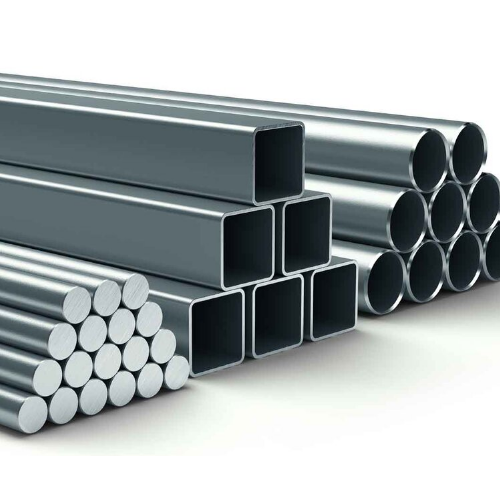
Aluminium: The Versatile Lightweight Metal
Description
|
|

|
|
Unit 13A, 18/F, Beverley Commercial Center, No. 87-105, Chatham Road, South Tsim Tsha Tsui, Hongkong
bestgloballtd@gmail.com
+852 622 62 786
© 2019 - 2026. Best Global Corporation Limited. All Rights Reserved.
